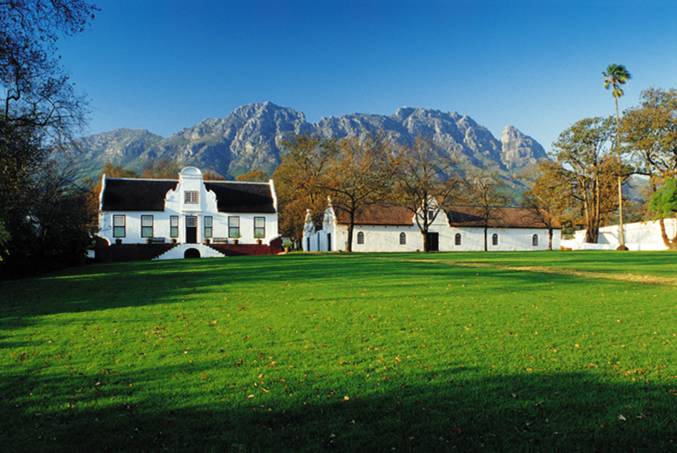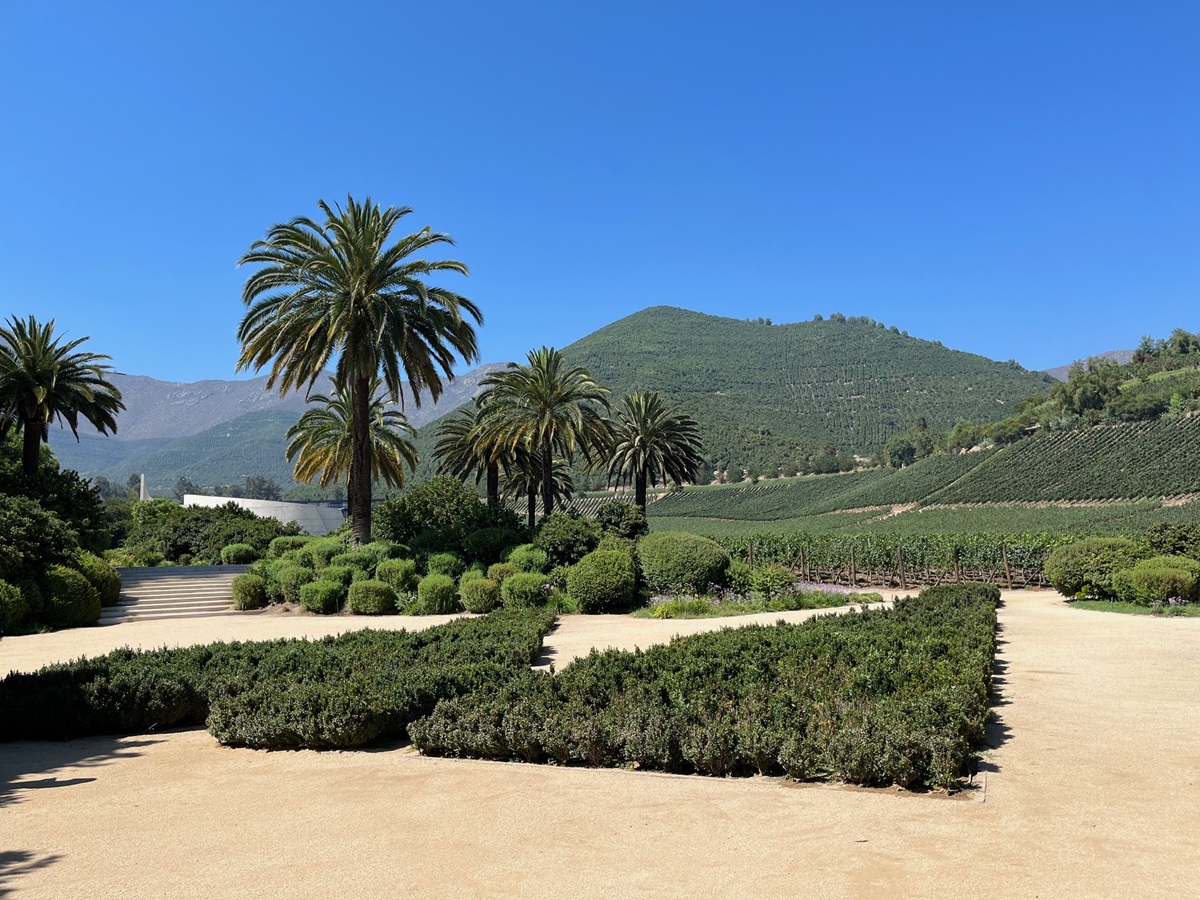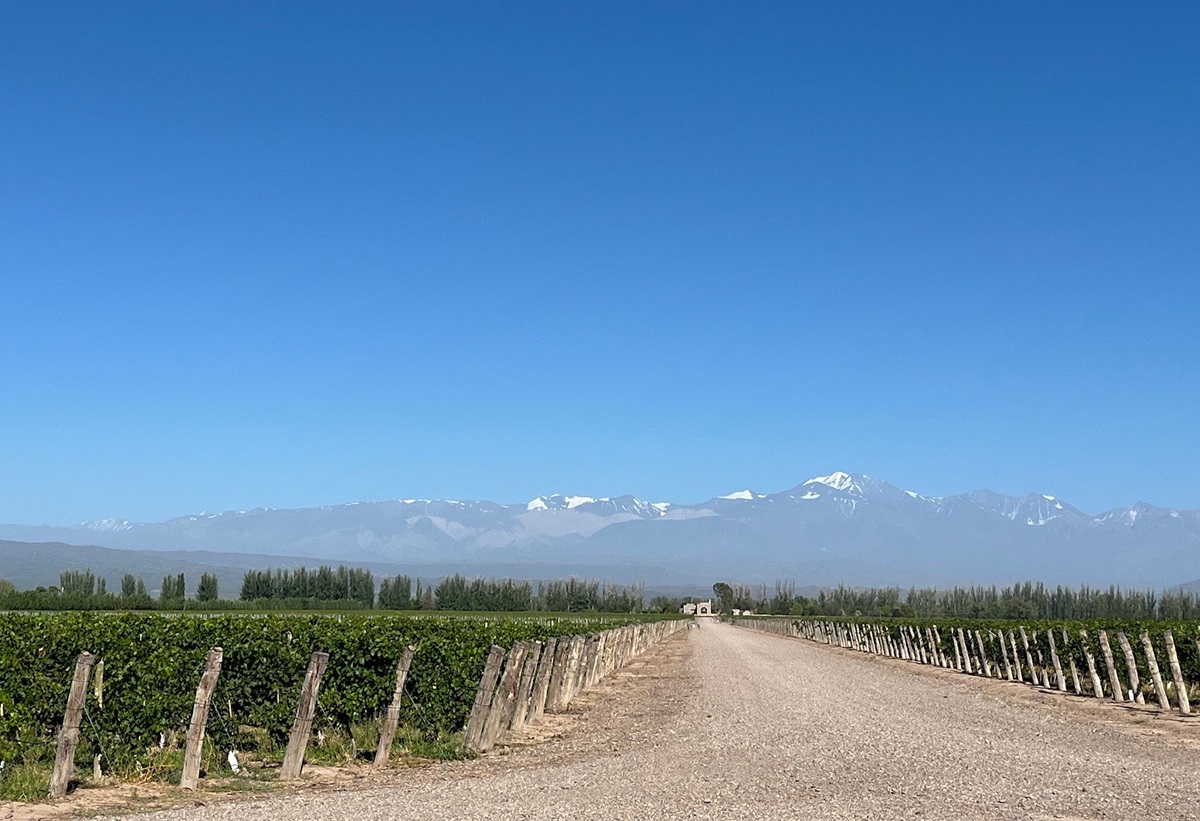UNDER THE ARCHES

By Rose Murray Brown Published in The Scotsman 22 June 2019
An old Network Rail arch in the centre of London might sound like an unusual location to choose to site a new English winery, Blackbook. American winemaker Sergio Verrillo and his Scottish wife Lynsey believe their urban site near Battersea Park is in fact the perfect place.
“I wanted to be near an engaged consumer market”, says Sergio. “I love cities, particularly London, but I spend my days out in the English countryside working with growers within two hours drive of London, then at harvest truck grapes into the city to make the wine”, he says.
Sergio’s path to setting up his boutique urban winery in Arch 41 is as unconventional as his winery’s location. Born on Long Island Sound in Connecticut, US to an Italian father and Hungarian mother, he grew up in an area where few grapes were grown, but this did not stop his family making wine.
“My dad, grandfather and great uncles all used to get together to make their own homemade wine using California grapes bought at New Haven port, using an old basket press and bottled into demi-johns. They also cured their own spicy sausages and hung them up to dry in the cellar”, says Sergio.
After Sergio met his Aberdeen-born wife Lynsey whilst she was travelling in New York in 2006, he moved to the UK with her. He had been working in the music business in US, but when he needed a job in London he replied to a gumtree advert for a job at a Gordon Ramsey restaurant. He went on to work as commis (trainee) sommelier at leading London restaurants Maze, Tamarind and Chez Bruce.
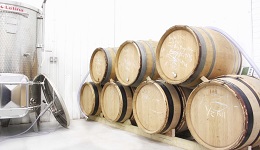 “I became fascinated by the creativity and science of wine, it was all very infectious and I decided I wanted to work with my hands in a more practical role as a winemaker”, he says. He enrolled on a three year Viticultural and Oenology course at Plumpton College – and worked harvests abroad at Calera in California, de Montille in Burgundy, Mulderbosch in South Africa and Ata Rangi in New Zealand.
“I became fascinated by the creativity and science of wine, it was all very infectious and I decided I wanted to work with my hands in a more practical role as a winemaker”, he says. He enrolled on a three year Viticultural and Oenology course at Plumpton College – and worked harvests abroad at Calera in California, de Montille in Burgundy, Mulderbosch in South Africa and Ata Rangi in New Zealand.
Keen to take advantage of the burgeoning English wine industry and increasing number of grape growers, Sergio set up his own wine label at his urban Blackbook Winery investing £120,000 on his 40 tonne capacity winery. In his second harvest, the bumper 2018, he spent £40,000 on grapes, averaging £2000 per tonne, making 17,000 bottles (he only made 6,000 bottles in frost-ridden 2017).
English grapes are currently expensive, as are the wines, and it is difficult for them to compete. However, with the current increase in plantings – two million vines were planted in 2017 and 2018 with a further two million planned for 2019 – there may soon be a glut of grapes. certainly for sparkling.
Whilst Sergio’s passion is Chardonnay and Pinot Noir, he also works with Bacchus, Reichensteiner, Oretega, Auxerrois and Sauvignon Blanc with plans to make a Cabernet Noir (Swiss hybrid of Cabernet Sauvignon) and Blanc de Blancs sparkling from Greyfriars Vineyard fruit next year. He is at the mercy of the fickle English weather and reliable growers – but his winery is unusual in that he puts more emphasis on still wine, rather than sparkling.
 Sergio’s main grape suppliers are Clayhill Vineyards in Crouch valley in Essex for Pinot Noir and Chardonnay and Yew Tree Vineyard in South Oxfordshire for Seyval Blanc- and he is looking for growers in East Anglia for Bacchus. He features growers’ names on each label.
Sergio’s main grape suppliers are Clayhill Vineyards in Crouch valley in Essex for Pinot Noir and Chardonnay and Yew Tree Vineyard in South Oxfordshire for Seyval Blanc- and he is looking for growers in East Anglia for Bacchus. He features growers’ names on each label.
Blackbook is not the first urban winery in London. There are currently three others. London Cru (established 2013) in Fulham, Renegade (established 2016) in Bethnal Green and the first Vagabond (established 2010) who have wine bars in Victoria, Northcote Road, Battersea, Charlotte Street and Fulham. However, they don’t all focus exclusively on English-grown grapes as the Vercillos do, some ship grapes from Italy and Spain.
So what does the future hold for Blackbook? “My goal is to own vineyards”, says Sergio. “I might add a winery restaurant or café, but I don’t fancy a move to the country. I prefer to make my wine in an urban setting, but this could be in another city. We just need to truck the grapes there – perhaps Manchester or even Edinburgh in the future”, he says.
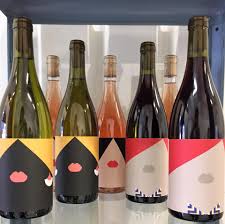 DRY WHITE
DRY WHITE
Blackbook Clayhill Vineyard Chardonnay 2017 (11.5%)
£18.50
Enticing struckmatch notes with sweet leesy aromas, very high acidity, tart and austere with crunchy Granny Smith apple and ginger flavours. Essex-grown grapes were whole bunch pressed and oak fermented in Burgundy barrels (30% new). This is typical of cool 2017 vintage, I look forward to tasting his riper 2018.
Blackbook Forty Hall Vineyard Bacchus 2018 (12%)
£19
I am not normally a Bacchus fan as they are often flowery and lean. This has attractive floral aromas, well-balanced structure, juicy ripeness and good texture (often lacking in English wines) – helped by the ripeness of the grapes in 2018.
Blackbook ‘The Mix-Up’ Bacchus/Ortega 2018 (10.5%)
£17.50
Eye-catching quirky label of Warren Street tube, but this weird blend was my least favourite. Lacks aroma, dry chalky, initially tropical fruit, hint of spice, but taut structure from grapes grown at Redhill Farm in Wateringbury, Kent.
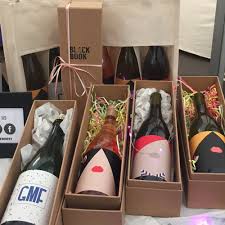 ROSE
ROSE
Blackbook ‘I’d Rather Be a Rebel’ Pinot Noir Rose 2018 (12.5%)
£17.50
Bright attractive nose, creamy fruits, clean dry finish. Sergio only made this rose because the tanks were late, but I am glad he did. Made from a German clone of Pinot Noir grown in Essex in the warm 2018 vintage; mix of old Burgundy barrel and tank ageing to retain fruitiness. More successful than his still Pinot Noir.
RED
Blackbook Pinot Noir 2017 (11%)
£18.50
Made from Dijon clones aged in Burgundy barrels. Disappointingly light in colour with subtle cranberry fruit, lacks structure and depth; reminded me of dilute Eastern European Pinot Noir. Not surprising as Pinot Noir is a temperamental grape to grow and 2017 was challenging; should be better in warmer 2018.
SPARKLING
Blackbook GMF Seyval Blanc 2017 (12%)
£23.50
Fun easygoing zero dosage fizz from Didcot grapes. Sergio used traditional secondary fermentation with early disgorging. Low pressure gives light mousse, its citric floral notes show good potential.
Blackbook wines are available from St Andrews Wine Company in St Andrews; Smith & Gertrude in Edinburgh; Cork & Cask in Edinburgh; Valhalla’s Goat in Glasgow; www.thewinesociety.com; www.swig.co.uk; www.blackbookwinery.com
Join Rose’s Grower Champagne Masterclass on Thursday 29 August at The Royal Scots Club, Edinburgh £45 www.rosemurraybrown.com
wine tastings
The perfect gift for the wine enthusiast in the family. Rose does In-person tastings too.
cellar advice
Rose does cellar valuations for private clients, valuations for insurers & bespoke portfolio management.
Related stories
March 31, 2024
By Rose Murray Brown MW Published in The Scotsman 30 March 2024 On 2 February 1659, the first wine made from grapes grown in South Africa was crafted by the Governor of the Cape, Jan van Riebeeck. He had planted vines four years earlier in the Company’s Garden near Cape Town from cuttings imported from France. Van Riebeeck’s first
March 24, 2024
By Rose Murray Brown MW Published in The Scotsman 16 March 2024 Heatwaves and bushfires were very much on the agenda when I visited Chile last month as winemakers prepared for their 2024 harvest in blistering heat and drought, with a plume of smoke from the devastating fires lingering over coastal hills. Heat and drought are the greatest challenges
March 23, 2024
By Rose Murray Brown MW Published in The Scotsman 9 March 2024 I have two glasses of Malbec in my hands from the same high-altitude vineyard in Uco valley in Argentina. I am in the Catena Institute of Wine in Mendoza with winemaker Agustin Silva. He has asked me to taste the two wines, both from the 1500m high

